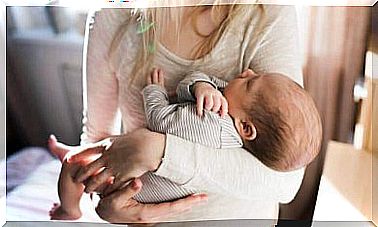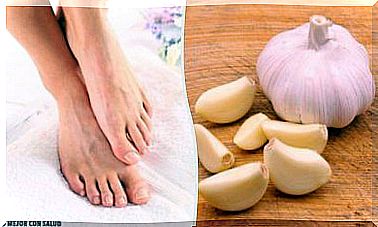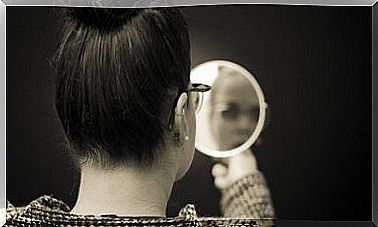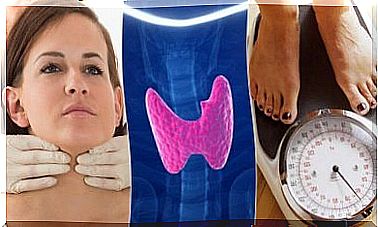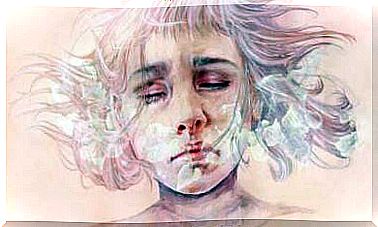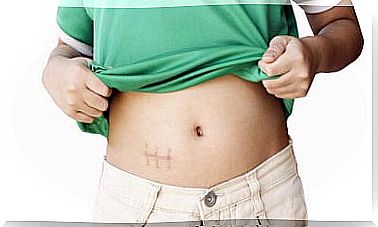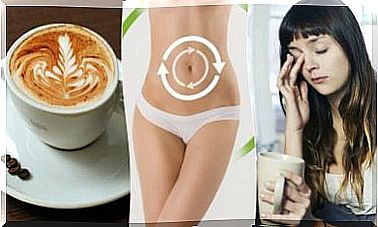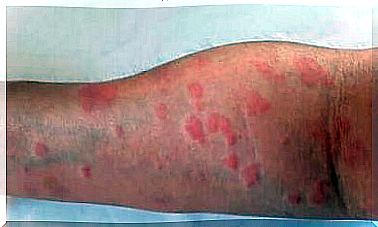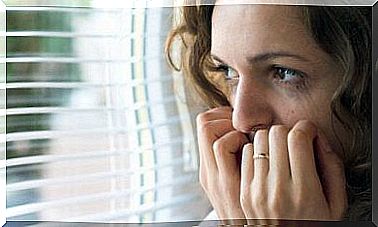Some Foods To Avoid When You Have Diarrhea
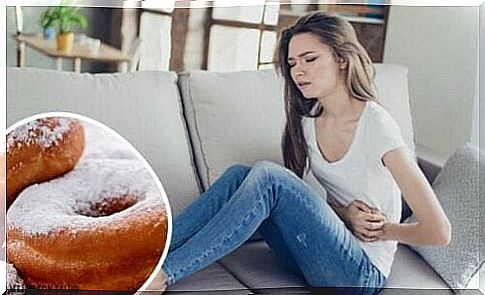
Diarrhea is one of those conditions that can appear at any time, no matter how well you take care of yourself. Here are six foods you should avoid when you have diarrhea.
Despite being a relatively simple problem, diarrhea can lead to many setbacks in your daily life.
To avoid making the situation worse, it is recommended that you know which foods to avoid when you have diarrhea. This is important because there are some foods that can make it last longer when the problem could have lasted only one day.
After dealing with it for only 48 hours, you may also feel excessive fatigue and extreme dehydration. Fluids are essential to prevent dehydration. In fact, trying to tolerate fluids is the first step to treating diarrhea. When you can do that, you can move on to certain solid foods.
Today we share some foods that are good to avoid when you have diarrhea as well as what you should eat. We also make some recommendations on food preparation.
Eating when you have diarrhea – what should you avoid?
According to an article in the International Foundation for Functional Gastrointestinal Disorders (IFFGD), you can control most cases of diarrhea by adjusting your diet and lifestyle. Although it is important to keep an eye on your symptoms, diarrhea is usually not a sign of anything serious.
Therefore, you usually do not need to make any drastic changes in your diet. It is mostly a matter of avoiding heavy foods and making sure that you replace the nutrients that your body loses. So, what should you avoid?
Foods that cause gas
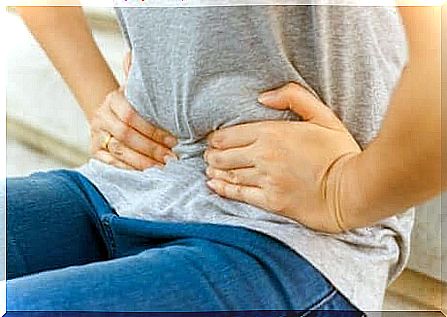
The first group of foods you should avoid when you have diarrhea are foods that cause gas. The effect of them will increase the discomfort and worsen the diarrhea.
Among the vegetables classified in this category we find:
- Beans
- Broccoli
- Cauliflower
- Onion
- But
- Green leafy vegetables
Instead, try a puree of vegetables such as pumpkin, squash and carrot. In general, it is better to peel them and remove the seeds.
Among the fruits you should avoid because they cause gas, we find:
- Apricot
- Plums
- Raisins
- Dried fruit
Replace these fruits with:
- Ripe bananas
- Apples
- Pears
- Peaches
The best way to eat these is crushed, grated or boiled, with the peel and seeds removed.
2. Foods to Avoid When You Have Diarrhea: Fats, fried foods and sugar
Do you tend to eat foods that are high in fat and sugar? In that case, it is likely that your random consumption of these foods will cause diarrhea. Fat and sugar can make stomach cramps worse and trigger reactions in the digestive system, according to an article in Harvard Health.
With this in mind, it is important to avoid these foods at all costs:
- Sausages
- Fast food
- Oily pieces of meat
- Sauces
- Commercial dressings
Instead, replace these foods with lean proteins that are cooked or cooked. The best options are:
- Broth
- Supper
- Chicken
- Veal
- Turkey
When it comes to sugar and sugar substitutes, they should also be avoided when you have diarrhea due to the laxative effect they have. If you take it, it will increase the amount of bloating in your stomach, and you will get more gas.
3. Milk and milk derivatives
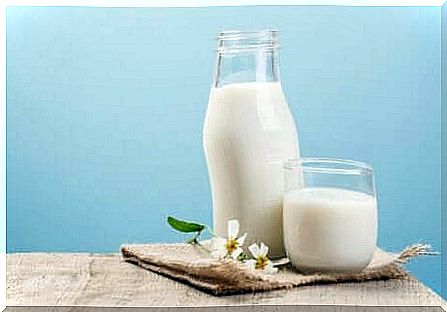
Even if you are not lactose intolerant, you should avoid dairy products when you have diarrhea and for 48 hours after. A study published in the medical journal Paediatrics and Child Health concluded that avoiding dairy products will help ensure that your discomfort does not worsen or return.
The reason you should avoid milk is that it requires lactase to be digested. The problem is that when you have diarrhea or in the time afterwards, the amount of lactase in the stomach is reduced, which will increase symptoms such as gas, bloating, nausea and diarrhea.
It may be okay to consume milk without lactose, but your doctor should be the one to decide whether or not to include it in your diet. It really depends on the severity of your diarrhea.
The only dairy product you can eat is yogurt. Since it has a high amount of probiotics, it helps to get rid of diarrhea. However, you should make sure that you eat regular yogurt and avoid those that contain sugar.
4. Foods to avoid when you have diarrhea: Coffee, soft drinks and alcohol
These three popular drinks irritate the gastrointestinal tract and can make diarrhea and stomach problems worse. Avoid them when you have diarrhea and ideally for a week after your symptoms disappear.
- You can replace coffee with tea. The best options are chamomile, mint and peppermint.
- Try replacing soda with water or fruit infusions.
- Alcohol should be avoided simply because its effects create perfect conditions for diarrhea. Too much alcohol can speed up digestion and aggravate muscle contractions that are responsible for bowel movements.
In case your diarrhea is very severe, try to replenish the fluids with serum.
Cooking tips
Whether you have diarrhea or not, food preparation is important for your gastrointestinal health. Good food preparation means the following:
- Fruits and vegetables have been washed and kept away from contaminants. Make sure your meat has not been contaminated with rotten meat.
- It is important that the food is prepared in some way. When you experience diarrhea, and a week after that, you need to make sure that most of the foods you eat are cooked without a lot of fat or oil. Fruit is the only exception, although it is not a bad idea to cook apples and pears.
Other recommendations for your stomach health:
- Wash your hands before cooking and eating the food.
- Disinfect surfaces where you prepare food (tables, cutting boards, etc.).
- Avoid freezing and thawing food more than twice as temperature changes cause decomposition.
Now that you know which foods to avoid when you have diarrhea, take these precautions and modify your diet a bit.
In a few days, everything will return to normal, but do not forget to watch what you eat.
If you suffer from frequent and persistent diarrhea, you can make an appointment with your doctor to rule out the possibility of irritable bowel syndrome.

